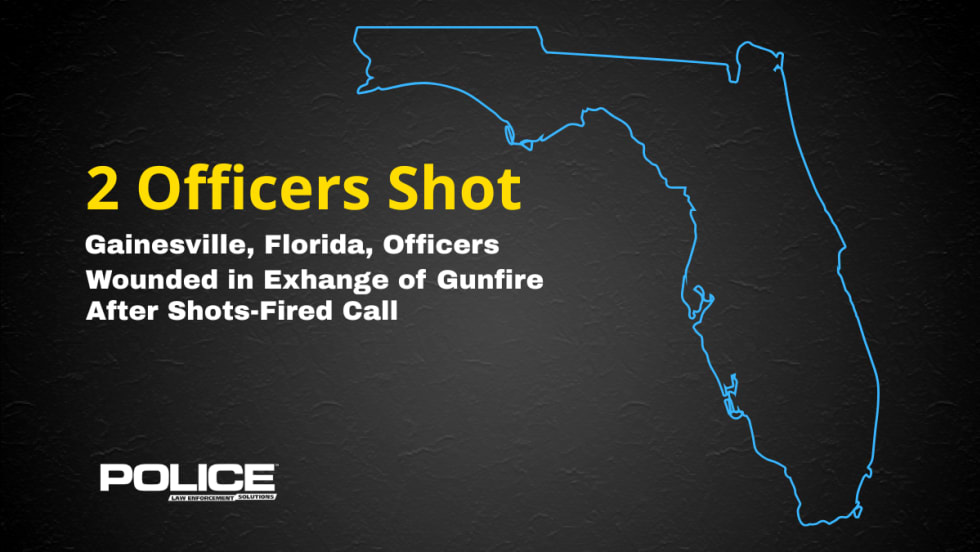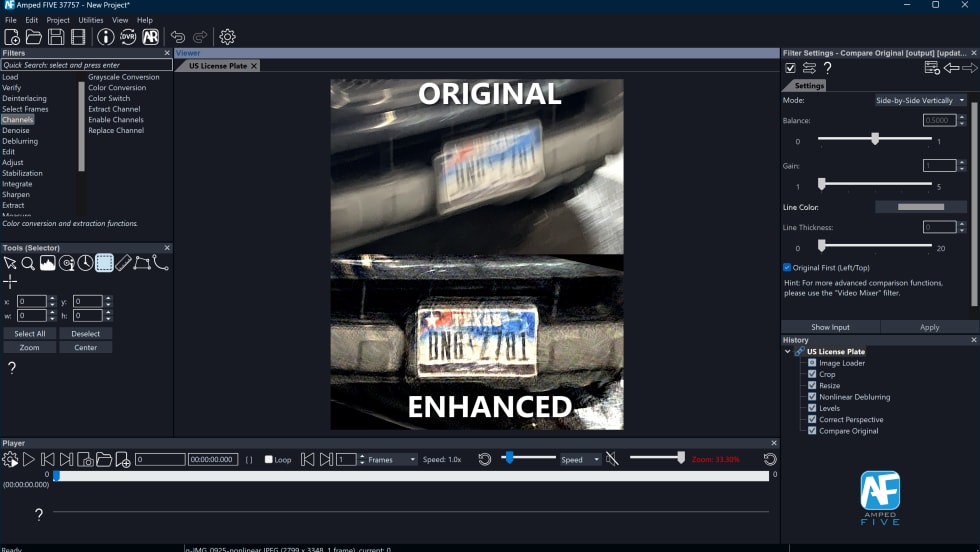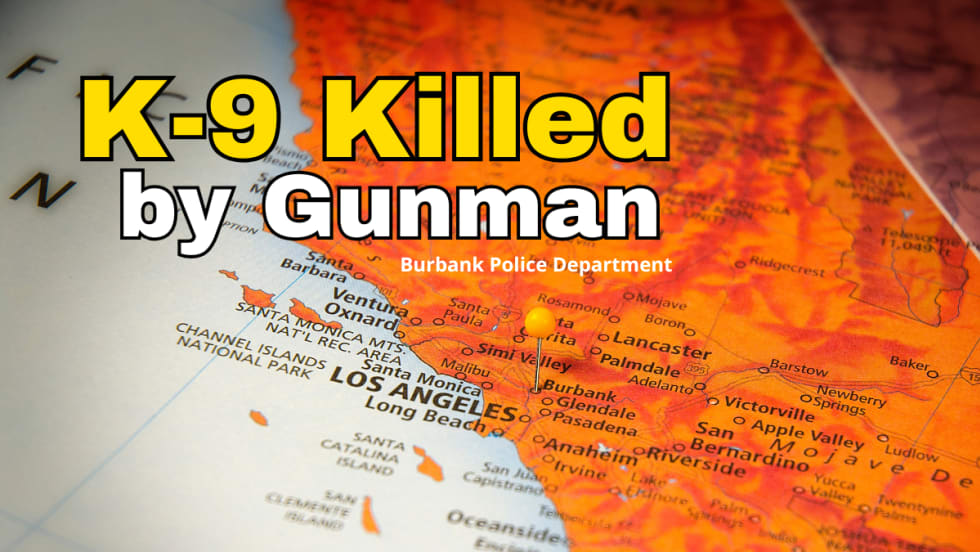Seattle Seahawks wide receiver Doug Baldwin was a senior in high school when police pulled him over one day near his home in Gulf Breeze, Florida.
NFL Player, Son of Officer Says He Wants to Build Bridges Between Officers and Community
Doug Baldwin Sr. served 35 years in the Pensacola Police Department and later worked for the Department of Homeland Security. He is well aware of how confrontations with police can go wrong and had laid out a specific plan for his sons to follow whenever they were approached by law enforcement.

"They thought my car was stolen, told me to get out of the car, lay on the ground," Baldwin said. "They searched the car, did whatever while I was on the ground, and then they stood me up, said they thought that the car was stolen, and it was a misunderstanding, that they were wrong or whatever, and then they let me go."
Baldwin, the son of a police officer, had done nothing wrong, but he knew how to react and was prepared for the situation.
Doug Baldwin Sr. served 35 years in the Pensacola Police Department and later worked for the Department of Homeland Security. He is well aware of how confrontations with police can go wrong and had laid out a specific plan for his sons to follow whenever they were approached by law enforcement.
"Regardless of what the situation may be when he's stopped, whether he feels like he is right or wrong, compliance is the key," Baldwin Sr. said. "Always comply with what the officer tells you to do. Make sure that your compliance is visible, and articulate it to the point where there's no doubt that you're doing anything other than being compliant and that you're able to come home the next day or that day or that night and be able to tell me the circumstances so we can go from there. ... You never know what information that officer has at the time or doesn't have."
Baldwin has spearheaded the Seahawks' "Building Bridges" campaign which aims to bridge the gap between police officers and the communities they serve. He has demanded that attorney generals from all 50 states review their training policies and "eliminate militaristic cultures while putting a higher emphasis on de-escalation tactics and crisis management measures," ESPN reports.
More Patrol

2 Florida Officers Shot After Shots-Fired Call
Two officers were shot in Gainesville, Florida, by a man who police say was leaving an area where he had killed a man inside a business. The suspect exited his vehicle in what the chief termed an “ambush-style” attack.
Read More →
Mistaken Identity: Ohio Police Department Harassed After ICE OIS
An Ohio police department has received harassing phone calls and social media messages because it has an officer with the same name as the ICE officer identified in the Minneapolis, Minnesota, officer-involved shooting.
Read More →
Top 10 POLICE Videos of 2025
What were the top videos published by POLICE in 2025? Many covered tactics and officer safety, while others came from booth visits at IACP in Denver, Colorado. In case you missed these, here are the top 10 videos.
Read More →
Flock Safety and Coreforce Partner to Enhance Real-Time Awareness and Operational Efficiency for Law Enforcement
A new integration partnership will enable Flock Safety hotlist alerts and license plate recognition (LPR) searches directly in Coreforce’s Real-Time Crime Center (RTCC) and Digital Evidence Management System (DEMS) platform.
Read More →
Ballistic Armor Co. Secures Strategic Investment to Expand U.S. Production Capabilities
Ballistic Armor Co. secured a new commitment that will accelerate its multi-year transition from a third-party tactical equipment retailer to a premium innovator and U.S. manufacturer of advanced protective systems.
Read More →
Police & Fire Championships Expands Athlete Eligibility
The US Police & Fire Championships is now open to all employees – sworn, civilian, administrative, technical, and support staff – who work directly for an eligible public safety agency.
Read More →
Tips for Watching the Hands
How can officers better “watch the hands”? Mike Willis, Law Enforcement National Training and Program Director for the US Deputy Sheriff's Association, shares some tips.
Read More →
10 Tips for Felony/High-Risk Stops
What steps can officers take to stay safer during felony or high-risk vehicle stops? Here are 10 tips from Mike Willis, Law Enforcement National Training and Program Director for the US Deputy Sheriff's Association.
Read More →
Amped Highlights Power Behind Amped FIVE Software
Amped FIVE empowers you to advance your investigations with confidence and precision, from the crime scene all the way to the courtroom.
Read More →
Police K-9 Killed, Suspect Dies in Shootout with Cops
A Burbank Police Department K-9 was fatally shot over the weekend by a passenger who fled on foot from a traffic stop. The armed suspect was killed in a shootout with officers.
Read More →
